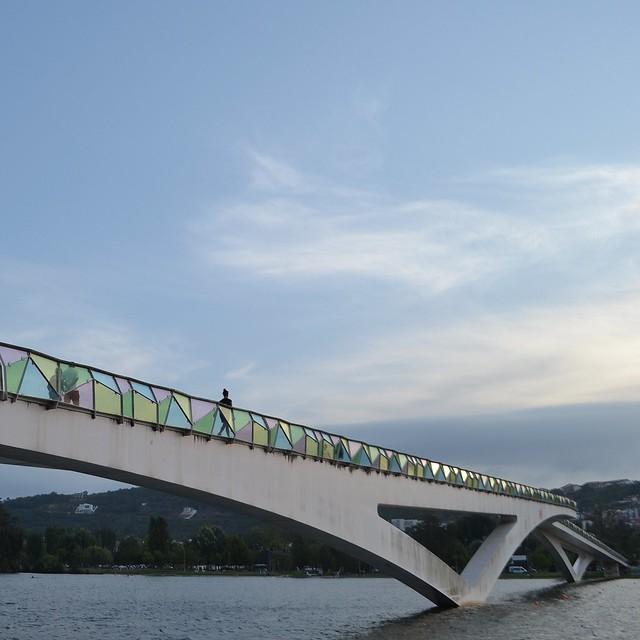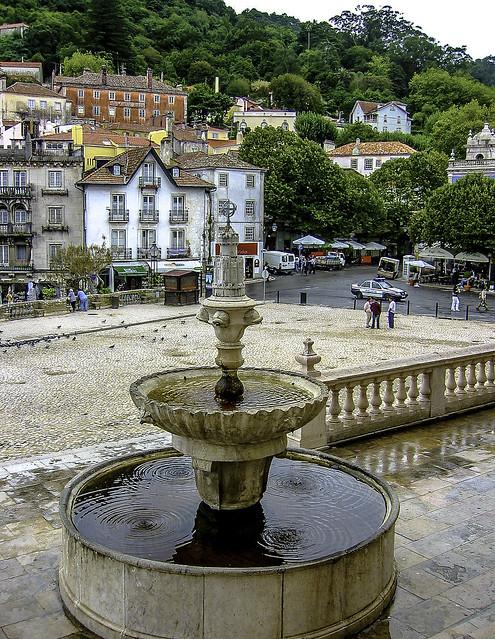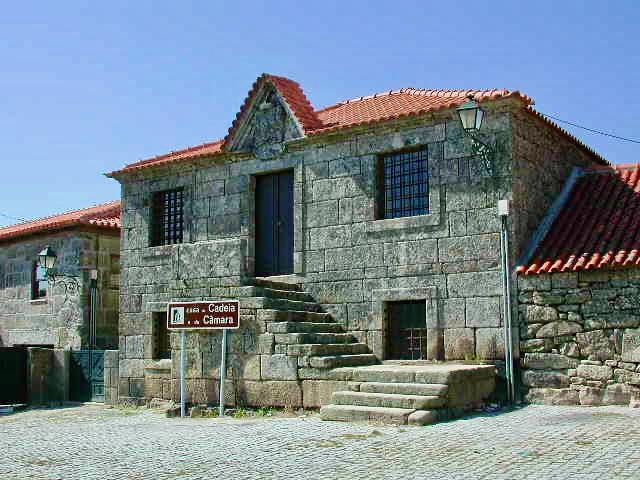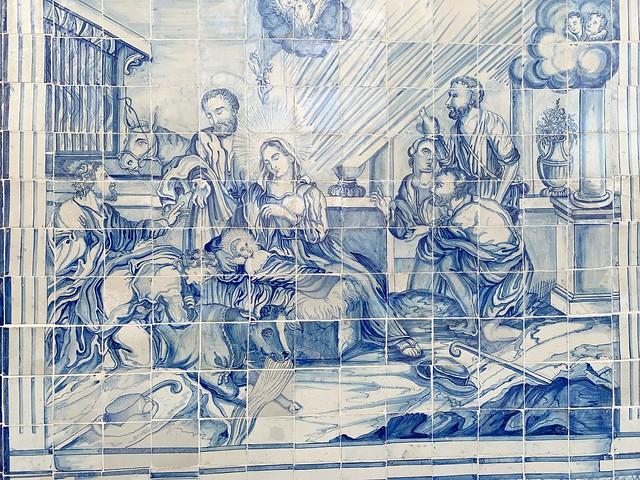Beja
Overview
Historical Significance
Beja, the capital of the Beja District in the Alentejo region of Portugal, is a city steeped in history that dates back to Roman times. Originally known as Pax Julia, Beja was an important settlement during the Roman Empire. The remnants of this rich past can still be seen today, notably in the well-preserved Roman ruins located throughout the city. The stunning 2nd-century Roman temple, known as the Temple of Pax Julia, offers a glimpse into the architectural prowess of its era.
The city's historical narrative is further enriched by its Moorish influence, evident in the winding streets and the impressive Beja Castle, built in the 13th century. This medieval fortress, with its towering walls and panoramic views from the top, stands as a testament to Beja's strategic importance during the Reconquista. The castle is a must-visit for travelers, providing a unique opportunity to explore the layers of history that have shaped this charming city.
Cultural Atmosphere
Beja embodies a tranquil atmosphere that invites visitors to bask in its serene charm. The city is known for its laid-back pace, making it an ideal destination for those seeking to escape the hustle and bustle of larger urban centers. Strolling through Beja’s narrow cobbled streets, you will encounter charming traditional houses adorned with colorful tiles and wrought-iron balconies, creating an enchanting backdrop for your exploration.
The cultural scene in Beja is vibrant, with numerous festivals and events celebrating local traditions throughout the year. One of the most notable is the Festa de São Sebastião, a lively celebration that takes place in January, featuring processions, music, and local cuisine. The city's commitment to preserving its cultural heritage is also evident in the numerous art galleries and cultural centers, such as the Beja Municipal Museum, which showcases the region's artistic and historical treasures.
Local Characteristics and Gastronomy
Beja is not only rich in history and culture but also boasts a delightful culinary scene that reflects the flavors of the Alentejo region. Traditional dishes such as "Açorda" (a bread and garlic soup), "Migas" (a dish made with breadcrumbs, garlic, and olive oil), and "Carne de Porco à Alentejana" (pork and clams) highlight the region's agricultural roots. Be sure to indulge in local wines, particularly the full-bodied reds that the Alentejo is famous for, which perfectly complement the rich flavors of the food.
The markets in Beja are a feast for the senses. The Mercado Municipal is a lively hub where locals gather to purchase fresh produce, homemade cheeses, and cured meats. The vibrant colors and enticing aromas create an inviting atmosphere, perfect for sampling local delicacies and mingling with the friendly residents. Beja’s warm and welcoming community adds to its appeal, making visitors feel at home as they navigate through the city’s rich tapestry of experiences.
Natural Beauty
Surrounded by the beautiful landscapes of the Alentejo, Beja is a gateway to stunning natural beauty. The region is characterized by its rolling plains, olive groves, and cork oak forests, providing plenty of opportunities for outdoor activities. Hiking and cycling trails abound, allowing visitors to immerse themselves in the tranquil countryside while enjoying breathtaking views.
The nearby Serra da Gardunha mountains offer a perfect escape for nature enthusiasts, with picturesque trails leading to panoramic lookouts where you can soak in the beauty of the Alentejo's vast fields and valleys. Additionally, the region is known for its diverse wildlife, making it an excellent destination for birdwatching and nature photography. The harmonious blend of historical and natural attractions makes Beja a captivating destination for travelers seeking both adventure and culture.
Other towns or cities you may like in Portugal
Explore other cities that share similar charm and attractions.






